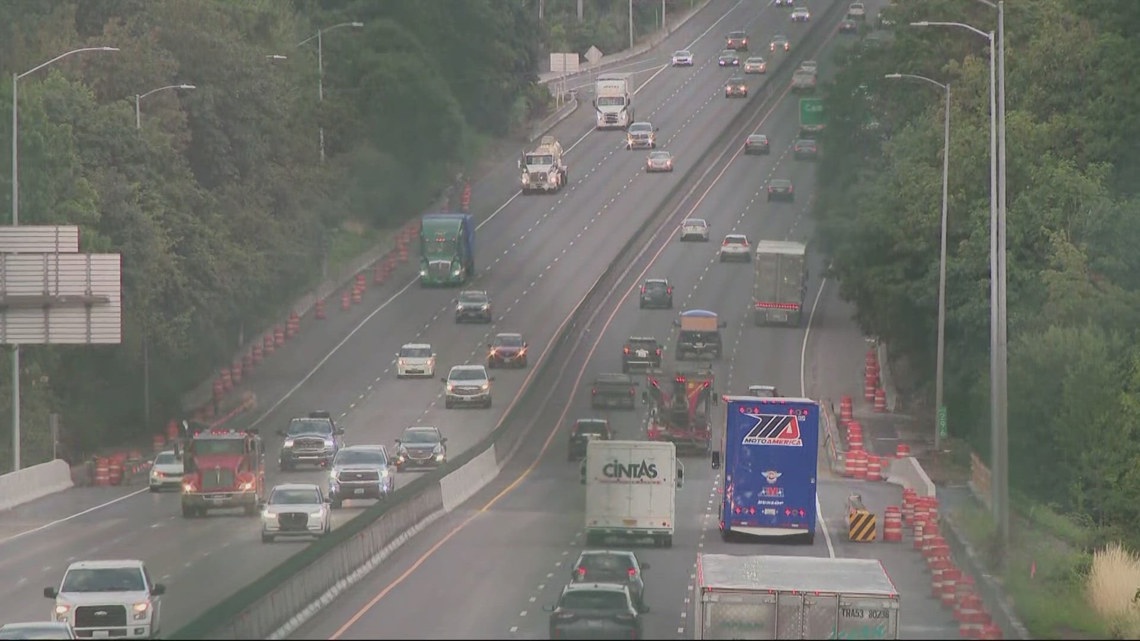Dealing With Search Errors: No Results & How To Fix Them
What happens when the digital search engine, the supposed oracle of our time, fails to deliver? The chilling reality is that the absence of information, even in the face of relentless technological advancement, can leave us stranded in a void of uncertainty, highlighting the fragility of our reliance on these systems.
The persistent "We did not find results for:" message, followed by the suggestion to "Check spelling or type a new query," is more than just a frustrating glitch in the system. It's a symptom of a deeper issue: the limitations of our digital tools and the potential for knowledge gaps to form even as we are supposedly drowning in data. This recurring pronouncement forces us to confront the uncomfortable truth that the information age doesnt guarantee access to all information. It presents an obstacle, a silence where we expect answers, a void that challenges our understanding of the interconnected world and the efficacy of our methods of information gathering.
Consider the implications. For researchers, this could be a roadblock in their quest to discover important details. For journalists, it's an inability to verify or uncover key facts. Even everyday individuals, seeking simple solutions, can find themselves at a loss, stumbling on the edge of a technological chasm.
Lets examine, in the context of the provided phrase, the very nature of information retrieval. The issue lies not just in the technology but also in how we use it. If, as the search engines suggest, the query is misspelled or the search terms are incorrect, this reveals a reliance on perfect spelling, the correct vocabulary, a precise framing of what is being looked for, all of which can be stumbling blocks.
The constant failure is not only the failure of technology; it also points to the fact that the universe of available information does not encompass everything. The internet is a vast network, but not an exhaustive record of human knowledge. This raises concerns for researchers, writers, and anyone who depends on the digital oracle.
The frustration is in the repetition. It is the consistency with which these errors occur. This is the digital equivalent of walking through a maze, only to find that the end of every path leads to the same closed door. It is a constant echo of limitations, a reminder that our quest for understanding will always have boundaries.
The challenge is not just to improve the technology, but also to understand the underlying gaps in information availability and to adopt alternate methods of inquiry, such as exploring physical documents, speaking with experts, and using a broader range of sources to obtain a more complete picture. The failures of the search engines are an incentive for a deeper, more nuanced approach to information.
Consider the following: How do we navigate the ever-expanding landscape of information, when a simple search can yield nothing at all? This question is fundamental to understanding our relationship with the digital world, and it influences our efforts to know, investigate, and comprehend.
The "We did not find results for:" prompts are a clear signal that there is more at stake than technological issues; it is also the very nature of knowledge acquisition and distribution, which requires a critical assessment and a willingness to look beyond the first click. They force us to re-evaluate our methodologies, pushing us to pursue a comprehensive and adaptable approach to the pursuit of information.
These repeated phrases serve as a critical reminder: the digital world, for all its capabilities, is not a seamless mirror reflecting the full expanse of human thought. Instead, it is a structure of imperfect data, and the blanks left by these failed searches serve as an opportunity for us to re-evaluate our own techniques. The lesson here is clear: even in this information age, the search for the truth requires more than just a query; it demands critical thought, perseverance, and a willingness to search further.


